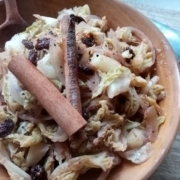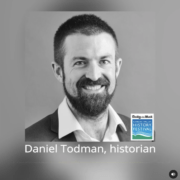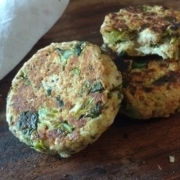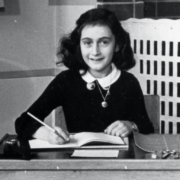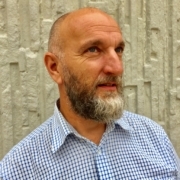Historical recipe: Tudor Lamb Pasty
/in Historical Recipes, History Hub/by Sarah EwenGet a taste of the 16th century!
Alex Compiani from The Time Traveller’s Kitchen shows us how to make a Tudor lamb pasty!🥧 😋
Catch him every day at our festival for more delicious historical treats..
Historical Recipes: Fiery stuffed eggs (Viking-Style)
/in Historical Recipes, History Hub/by Sarah EwenDaniel Todman chats to us about what he will be speaking about at CVHF
/in History Hub, Interviews/by Sarah EwenWe are delighted to have Daniel Todman speaking at the festival for the first time this year – here he is explaining what he will be talking about..
His talk is on Thursday 24th June and you can buy tickets here.
🎧 Anne Frank: Her Life And Light
/in History Hub, Talks & Audio/by Peter Caddick-AdamsAudio from Chalke Valley History Festival 2017.
German-born Dutch-Jewish teenager, Anne Frank who went into hiding during the Holocaust, is probably the best known diarist of the modern world. In this audio from CVHF 2017, Peter Caddick-Adams talks about her life and legacy.
🎙CVHF 2020 speaker interview: Andrew Ziminski
/in History Hub, Interviews/by Sarah EwenStonemason, Andrew Ziminski has three decades of hands-on experience with the tangible history of this country and has worked on some of the greatest and most interesting monuments in Britain. He will be at Chalke Valley History Festival 2020 to speak about ‘The Spire: Islam, Architecture And Salisbury Cathedral.”
His book, ‘The Stonemason: A History of Building Britain’ was published 5 March 2020.


